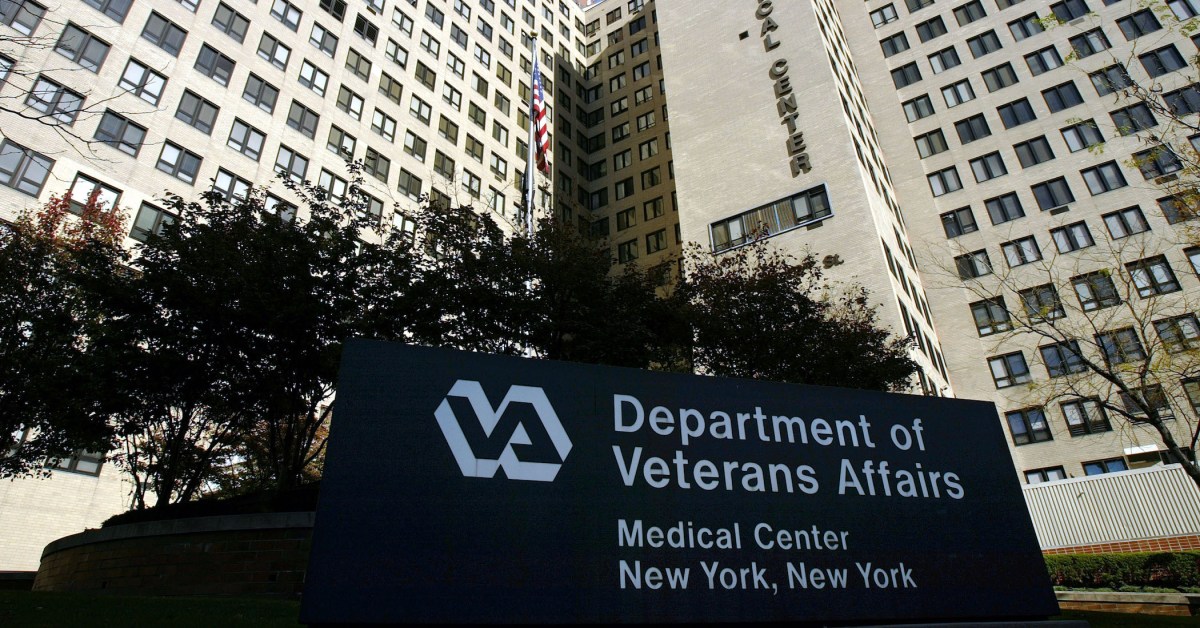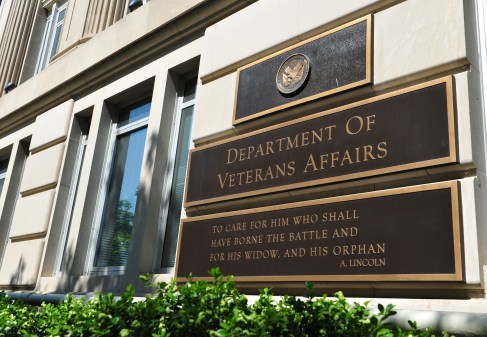VA rollout of new scheduling tool will take two years longer than expected

It will take the Department of Veterans Affairs an additional two years to deliver a modernized tool to schedule appointments for veterans who need health care.
The department originally said it would deliver a modernized, Cerner-developed scheduling tool to all VA medical facilities by 2023, fast-tracking its release on the front end of the broader 10-year, $16 billion Electronic Health Record Modernization program.
To lawmakers’ dismay, though, the department told them that “the current plan is now competition in 2025, two years later than what was originally notified to Congress,” Rep. Susie Lee, D-Nev., chairwoman of the House Veterans Affairs Subcommittee on Technology Modernization, said Thursday. Lawmakers and veterans have been demanding a new scheduling tool since the 2014 waitlist scandal in which several veterans died while waiting for timely care.
Moving the estimated completion date back shouldn’t add any additional cost, Lee said, “but will require moving funds forward from later in the project.”
Lee called it a “mid-flight change of approach” that gives her reservations on blessing the VA’s decision to move away from a working system developed by Epic called MASS, short for the Medical Appointment Scheduling System. The department rolled MASS out at a Columbus, Ohio, facility on time and under budget in 2017, resulting in improved wait times and increased the number of completed appointments. But with the more recent EHRM contract awarded to Cerner, the VA decided to ditch the Epic solution, which it knew could further delay national rollout of a modern scheduling tool.
The subcommittee’s ranking Republican, Jim Banks of Indiana, said the separate fast-tracking of the Cerner’s scheduling tool “seems justified,” but with the news of the delay, he’s “prepared to reevaluate” that.
“I need to see a lot more before I can put my confidence into this plan,” Banks said, calling VA’s scheduling system the most in need of an overhaul — more pressing than modernizing its outdated financial, benefits claims and larger EHR systems. “That was true five years ago when the secret waitlist scandal in Phoenix broke, and despite som incremental improvements…it’s still true today.”
VA officials defended the longer deployment as a “more appropriate” and “realistic” timeline that the department came up with after deeper analysis.
“The three-year deployment track was a number drawn without all of the comprehensive research necessary to develop and integrated schedule,” said John Windom, executive director of VA’s Office of Electronic Health Record Modernization. “Five years is more appropriate. … We are mitigating risk in the best interest of our veterans and we think we have a prospective timeline that does that and delivers the respective capabilities.”
Windom added, “What we want to give you is a realistic timeline and then impress you with our deployment efforts and actually deliver sooner.”
Windom couldn’t answer questions about what, if any, difference there might be in costs, mainly because his team is still evaluating its needs for infrastructure, calling it a “tough piece to calculate.”
“What we don’t want to do is overly invest in infrastructure to deliver scheduling and then when the remainder of the [solution] comes around, some new innovative approach renders that infrastructure update obsolete,” he said. “So we want to update the infrastructure in the right way and so we are seeking to finalize the capture of those costs.” But, the department should have detailed costs “within a matter of weeks,” Windom said.
Looming in the distance is another critical milestone the VA is working diligently to meet. The department has pledged to launch the first initial operational site of its larger modernized EHR rollout next March in Spokane, Washington. Officials said Thursday the department will begin testing functionality for that launch soon.




